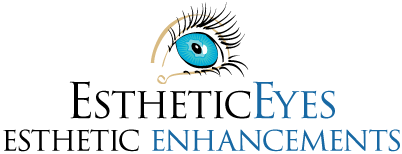
At Esthetic Eyes we strive to accommodate our discerning clientele, with the utmost care and service possible. Since taking care of your “vision eye” is just as important as taking care of ones prosthetic eye, the next several Blogs will be devoted to focusing on how to not only improve and strengthen your vision naturally, and share how age affects our eyes, but also how active you may be having an artificial eye!
“How to maintain optimum eye health…for your “vision eye” (having monocular vision).”
Part 4:
VISION AND AGING: Age, Eye Problems….What To Do
40s
You can’t escape presbyopia (difficulty with near vision focus).
Have routine eye exams at least every two years, and explore vision correction options.
Be aware of increased risk of dry eye & computer vision syndrome.
Eat a healthy diet high in omega-3 fatty acids and antioxidants.
50s
Risks increase for cataracts, glaucoma & macular degeneration (AMD).
Have routine eye exams.
Presbyopia becomes more advanced.
Multiple eyewear solutions might be needed for presbyopia at this age.
Risk of dry eye increases for women after menopause.
Tell your eye doctor about medications (some can cause visual side effects, including dry eye).
60s
Risks increase for common age-related eye diseases (see 50s above).
Besides regular eye exams, have annual physicals to identify underlying conditions such as diabetes that might cause eye problems.
Ability to see in low lighting decreases.
Use brighter lights for reading. Allow more time to adjust to changing light conditions.
Age-related eye changes cause visual disturbances such as spots & floaters.
If eye floaters appear suddenly, see your eye doctor immediately (this might be a retinal detachment).
70s & 80s
Most people in this age group already have or will develop cataracts.
Cataract surgery is the only option for correcting cataracts.
Color vision declines, and visual fields begin to narrow.
Ask your eye doctor about eyewear or lenses for increasing contrast vision. Use extra caution while driving.
For a FREE online Skype consultation please go to:
Please join our Facebook Page:

